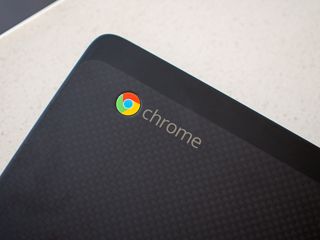Google has fixed the Chrome 79 bug, says user data was not lost

What you need to know
- A bug with Chrome for WebView had caused Google to stall the Chrome 79 update on Android.
- Google has now clarified that user data was not lost; it was simply not visible to apps.
- The company has fixed the issue and resumed the update. All problems should be fixed once the update is installed.
Android users had quite the scare earlier in the week, as a bug with Chrome for WebView made many apps seemingly lose all user data. Google had halted the update as a result, which had already been rolled out to 15% of users, with its engineers acknowledging the problem and discussing ways to fix the issue. Thankfully, the company's mitigations have been successful, and it's resumed the update, including a fix for the WebView bug.
As it turns out, none of the user data was actually lost; the bug in the Chrome engine simply meant that the data was not accessible to the apps. Google's now fixed that oversight and says the amended update should make the user data visible again. A Google spokesperson issued the following statement:
The M79 update to Chrome and WebView on Android devices was suspended after detecting an issue in WebView where some users' app data was not visible within those apps. This app data was not lost and will be made visible in apps when we deliver an update this week. We apologize for any inconvenience.
We've been informed that users should start receiving the fixed update this week, and as a blog from Google suggests, the process may have started already. For developers, who had already begun courting negative reviews on the Play Store due to the bug, the good news is that they don't need to do any additional work to fix the problem. Google will push the update to users directly, and it should resolve any outstanding issues by itself.
However, if a user had started using an affected app again and created new data, the update may cause this data to be lost, as it will be overridden by your previous backup, as explained in the Git log for the update:
If any new data has been written to the new location already, we rename it as a backup and then replace it with the old data, as we can't really merge the data; it's more likely that the old state is useful as the partial migration only just happened in the M79 rollout for most users.
In addition to this, the new update also brings better security features: Google will now alert users if a password they've used to log in to a site has been exposed as part of a data breach, similar to what Firefox has been advertising on its own platform. There's also support for inline VR experiences on the web thanks to the WebXR Device API, and you can now reorder your bookmarks.
The new Google Assistant lets you level up voice commands with Chrome
Be an expert in 5 minutes
Get the latest news from Android Central, your trusted companion in the world of Android

